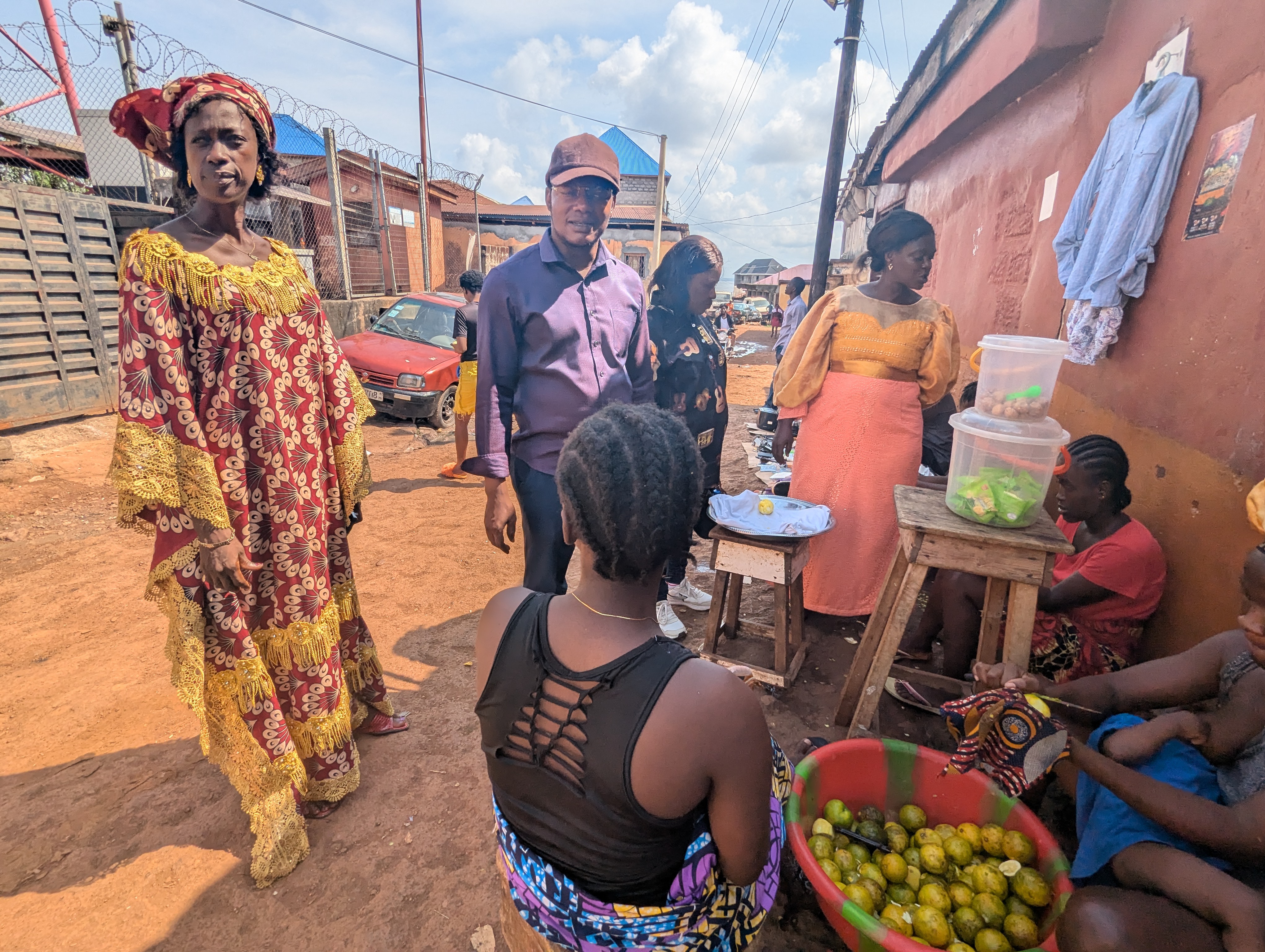The Secure and Fair Elections (SAFE) Workshop Model Curriculum combines academic and practitioner perspectives to provide a holistic insight into the principles, challenges and good practices related to electoral security.
Búsqueda
Region
Country
Type
The youth generation in Africa is booming, with one-third of the population aged between 15 and 35.
At the same time, youth tend to be disengaged from the democratic process. Young people vote less frequently, stand as candidates less often and remain underrepresented in electoral managerial functions.
Durante los últimos doce meses IDEA Internacional ha venido mostrando la exhibición sobre procesos electorales durante actividades particulares y conferencias en el Continente Americano, Europa y África.
Esta muestra educativa incluye cuatro exhibiciones y un componente interactivo diseñado para introducir el mundo electoral, así como el trabajo de IDEA en el campo de los procesos electorales ante el público en general y ante las partes interesadas.
During the past 12 months, International IDEA has been showcasing the electoral processes exhibition during particular events and conferences in the Americas, Europe and Africa.
The educational exhibition includes four displays and an interactive component designed to introduce the world of elections as well as International IDEA’s work on electoral processes to the general public and stakeholders.
Speaking at a UN event on how to engage young people in democracy the UN Deputy Secretary-General Jan Eliasson pinpointed one of the major problems in democracy today.
While young people between the ages of 15 and 25 constitute a fifth of the world’s population their influence on national politics remains limited.
The struggle between freedom and control in open society is constantly a hot topic in many democracies, but perhaps more so today given recent events in Paris. How can democracy deliver safety, prosperity and freedom to all?
This question was central to this year’s annual Forum for Democracy, organized by the Council of Europe in Strasbourg, France, and it is also central in International IDEA’s book Democratic Transitions: Conversations with World Leaders.
The use of social media during elections has increased dramatically in recent years.
Electoral management bodies (EMBs) have noted stakeholders’ increasing reliance on social media throughout the electoral cycle, but have also voiced concerns about the potential use of social media to spread hate speech, misinformation and rumours.
This Policy Paper aims to fill a significant gap in the policy and academic literature on the process and design of interim constitutions in conflict-affected settings.
It argues that, unlike both peace agreements and interim arrangements, the strength of interim constitutions lies in their legal enforceability. It examines the diversity of post-1990 interim constitutions in terms of their structure and their role in broader peacebuilding processes.
Regional organizations have an important role to play in the achievement of the United Nations global goals. They can support member states with the design of action plans for sustainable development, but also they can play a key role in monitoring the implementation of these commitments.
However, across the globe there is a growing skepticism among citizens about the effectiveness of the work of regional organizations and their relevance to people’s lives.
Ahead of the April 2016 general elections in Macedonia, the Macedonian State Election Commission (SEC) received training and technical assistance in how to use International IDEA’s Electoral Risk Management Tool (ERM Tool).
The second International IDEA Member States EMB Dialogue will take place on 30 November in Addis Ababa, Ethiopia. The event will provide space for exchange between International IDEA’s Member States and its Electoral Processes Programme.
International IDEA has been working closely with the Independent High Authority for Elections of Tunisia (ISIE) since it was established in 2014, providing trainings and technical support both ahead of and following the 2014 parliamentary and presidential elections.
Our heartfelt condolences go to the families who lost their loved ones in the terrorist attacks in Beirut on 12 November and in Paris on 13 November. We are together with them in their mourning.
International IDEA joins the international community in condemning these shameful acts of terrorism. We stand together with Lebanon and France and their citizens in meeting the aftermath of these attacks.
On 6 December, Venezuelans will go to the polls to elect a new National Assembly at a pivotal moment in the country's history. This election is important not only for Venezuela, but for the rest of Latin America and the Caribbean as well.
More than 11,000 domestic observers and 1,000 international observers were accredited to observe the general elections of 8 November in Myanmar. Among these numbers were 19 ASEAN representatives from electoral management bodies (EMBs) from Malaysia, Thailand, Indonesia, Lao People’s Democratic Republic and Timor-Leste as well as three representatives from the ASEAN secretariat.
Political instability is often associated with frequent changes of government.
Frequent changes of government may act as a barrier to sustainable human development and make it more difficult for governments to be accountable. Changes of government occur often in a number of Pacific Island states, in particular Nauru, the Solomon Islands and Vanuatu.
After almost a decade-long process of political bickering and multi-stakeholder dialogues, Nepal adopted a new constitution on 20 September. The constitution provides for a federal system of government, as opposed to the previous unitary state system. Nepal is now a federation that will be comprised of seven states, each with a legislature and chief minister.
Citizen protest movements too often distance themselves from politics. Just like political parties, they have a role to play to improve their country’s political system, and not just reject it.
This was one observation coming out of a recent workshop organized by International IDEA on how citizen movements impact political parties and how parties can respond.
